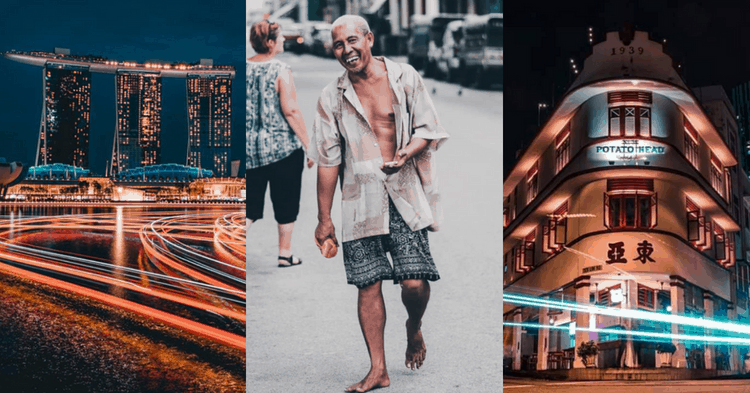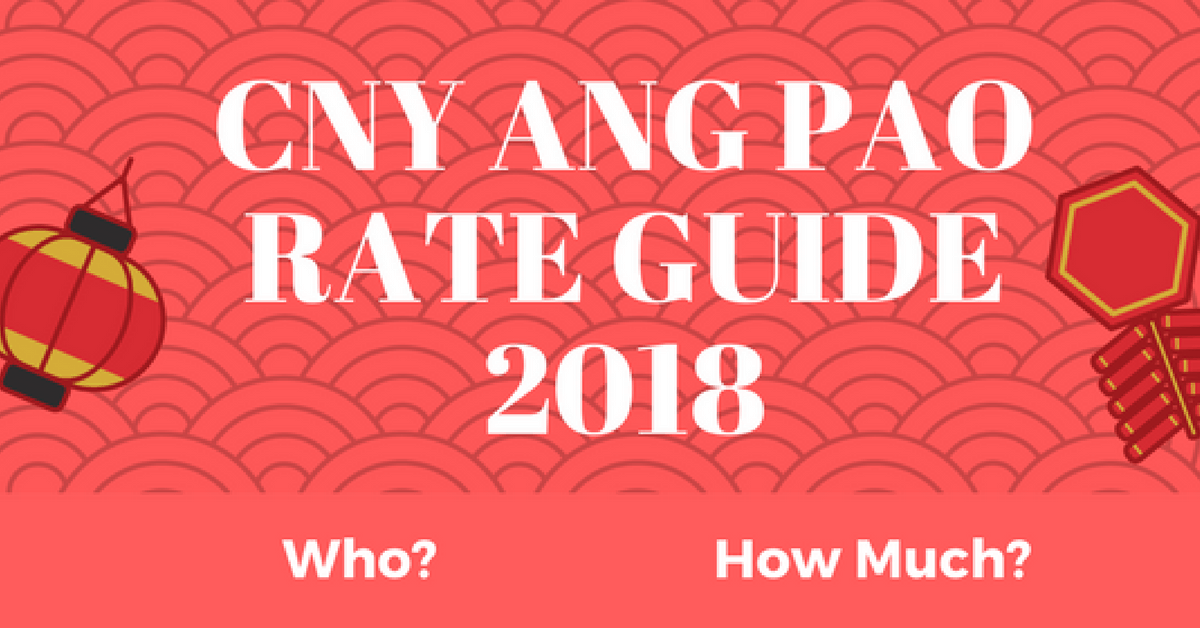Like the characters in the comic book he so passionately creates, comic book artist Sonny Liew’s life was turned upside down in two years.

His two year long story arc began with a controversial move by the National Arts Council (NAC) to remove their funding for his book the Art of Charlie Chan Hock Chye in 2015. Fortunately, his storyline ended on a positive note this year, when he made history by becoming the first ever Singaporean to bag three Eisner Awards.
Sonny’s story is a familiar narrative in Singapore. An established artist tries to push the envelope of politically themed material, and gets shut down by the G. It’s your typical David and Goliath story, except that David emerges with six nominations and three awards of the Oscars equivalent of the comic book world.
In the aftermath of this entire episode, it’s easy for any artist to grow jaded and cautious in the creative sphere. However, winning an Eisner award takes some skill and steel, and Sonny’s just getting started.
When YP.SG sat down with the 42-year-old artist last week in a small group interview, the self-proclaimed introvert doesn’t strike you as an edgy political dissident as his book would suggest. Wearing a quirky graphic t-shirt, Sonny was simple, soft spoken, and the epitome of a nice guy.
At the core of it, he’s just a simple guy who wants to tell a good story. Most importantly, he’s a guy wants to tell his story.
Telling The Full Story
Speaking at the sidelines of the Singapore Toy Games and Comic Books Convention media preview, Sonny shared his honest thoughts in the aftermath of the entire episode.

For instance, would he have edited his book if it meant keeping the funding? In response, he said:
“If you look at the book, I don’t think there are one or two things that I could just change. They’d be like what about this, this, this, and it would have been a whole different book…Even if it was small parts, I’d still have said no.”
Rather, to Sonny, he believes in telling a full story, which of course, comes with a certain accountability to accuracy:
“What mattered most to me in the book was historical accuracy. I actually let a historian and a lawyer look through it before we published it.
“The lawyer pointed out some things that were inaccurate in a legal sense, especially at the parts where I talk about the media control of Singapore via a character, and he said that this part was not legally accurate. So, for that part, I was happy to change as I wanted it to be accurate.
“However, if he’d had asked me to change the tone, a joke, or phrasing, I don’t think it’s my kind of thing.”
To add some context, the Art Of Charlie Chan Hock Chye was a graphic novel which retold the history of Singapore through a fictional character Charlie Chan Hock Chye, who provided his interpretation of events through satirical comics.
However, with famous figures like Lee Kuan Yew and opposition figure Lim Chin Siong appearing in his book, the NAC withdrew it’s $8000 grant due to the book’s “sensitive content”, which had apparently contravened the conditions of the grant.
 It was difficult period for Sonny. For instance, he had to reimburse $6,400 back to the NAC, and had to print stickers covering the NAC logo on all 1,000 of his books. Still, the Malaysian born writer – who has done work for established publishers like Marvel and DC Comics – holds no ill will against the statutory board.
It was difficult period for Sonny. For instance, he had to reimburse $6,400 back to the NAC, and had to print stickers covering the NAC logo on all 1,000 of his books. Still, the Malaysian born writer – who has done work for established publishers like Marvel and DC Comics – holds no ill will against the statutory board.
In fact, in an interview with Mothership.sg, Sonny revealed that he was congratulated by the NAC’s Deputy CEO Paul Tan in an informal meeting at a car park. Likewise, when he spoke to us, he felt that there was no point in bashing on Singapore’s leading arts government agency. Rather, he added, they play a crucial role in funding artists, and that mutual understanding is the best way forward.
He said:
“I mean, the biggest issue is always money. We need money for paying our bills, buying our materials, and that was really a big part of the NAC discussion.”
“How can NAC support artists more and will political strings will be attached? Will it affect artists productions, self-censorship, and all of those things? There is no easy answer, but I keep saying that what we need is more dialogue between the NAC and the artist community.”
Double Edged Sword
Nonetheless, the entire NAC saga did play in his favour. In the weeks proceeding the funding withdrawal, the Art of Charlie Chan became 2015’s top selling fiction title, with both print runs in that year selling out within weeks. Likewise, when news of his Eisner win broke, his title sold out again at local book store Kinokuniya.

It was a clear sign of tangible local success, something that many Singaporean artists aspire to achieve. Still, true to his character, the humble and mild-mannered Sonny chose to downplay the book’s long term success:
“The NAC thing…I still call it a double edged sword. The controversy got us a lot of attention to help us promote the book. But in the longer run, I’m not sure what the impact is.
“My sense is that even though there were many people who bought the book because of the controversy, there could be just as many people who avoid it because of it. So, in that sense of the book sales and buying the book, I’m not sure what the long term impact is. ”
From his reply, it was clear that above all, Sonny’s allegiance was to his craft and the development of it in Singapore. Naturally, we asked the Rhode Island School of Design graduate on what he thought could be done to ensure a lasting impact in our island state.
 In his prescription, he explained that the solution come from both stakeholders: the local media environment, and the artists themselves.
In his prescription, he explained that the solution come from both stakeholders: the local media environment, and the artists themselves.
“I mean, (when) we talk about Singapore’s comic book industry and how it’s not as abuzz as Japan or America there are lots of questions we can ask on how we can improve. The truth is, there is no one solution that can cure it. You need fans, publishers, you need infrastructure.
“From the artists point of view, the creative point of view, what we can do is to always try and create good works, and that I think (should be) our focus. To provide good writing, good drawings, that will be our contribution to Singapore.
“I think that was what made it different about it (the book). To me, that means that if you do like new and interesting content, there will always be a market for it whether there is controversy involved.”
Looking forward, Sonny says, the next few months will be a time of rest and recuperation both mentally and creatively. To produce the book’s excellent storytelling, he had read books independently to develop his scriptwriting and screenwriting skills, two things that he admitted that he’d “never thought I could do”.
Naturally, he admitted that he was mentally exhausted:
“After Charlie Chan, I knew that I needed to do something different and interesting. That is the pressure, to try and do a book that is as engaging and interesting, but not repeating the things I did in Charlie Chan. After I did it, I felt a very common feeling of emptiness, as you had put everything you had into the book.”
“So, I had to spent a lot of time after Charlie Chan doing new readings to reboot the brain and try learning new things that I could into doing. The Eisners didn’t add pressure on me; it was there from the start.”
No doubt, with the success of The Art of Charlie Chan Hock Chye, Sonny has definitely made a positive step into improving the vibrancy of Singapore’s comic book industry.
 When this writer passed by his booth at the STGCC 2017 on the 10th of September, a long queue had formed at his meet and greet booth, which was truly a welcome sight to see.
When this writer passed by his booth at the STGCC 2017 on the 10th of September, a long queue had formed at his meet and greet booth, which was truly a welcome sight to see.
Sonny kindly revealed to us that he was currently working on a title with DC Comics, but had to keep mum as the official announcement hadn’t arrived yet.
Until then, Sonny will be doing what he does best: Telling a story and telling a damned good one at that.





















